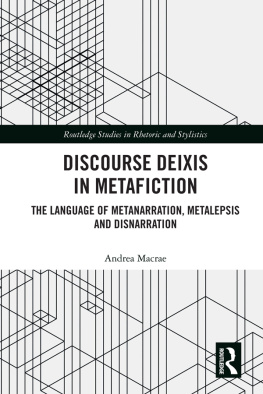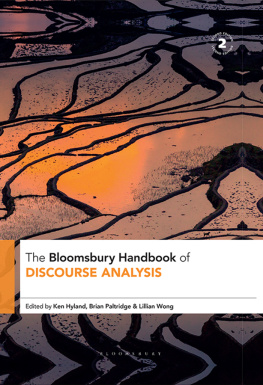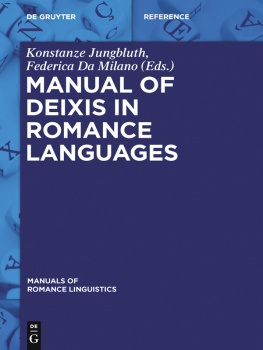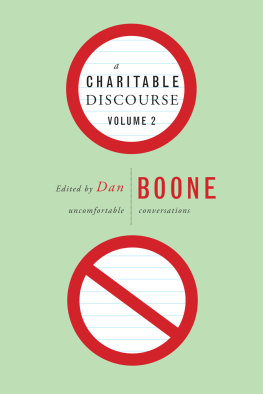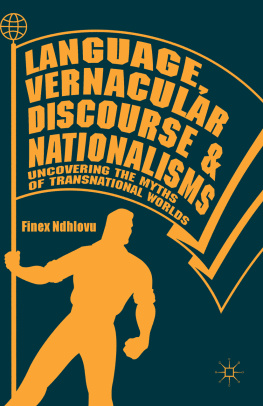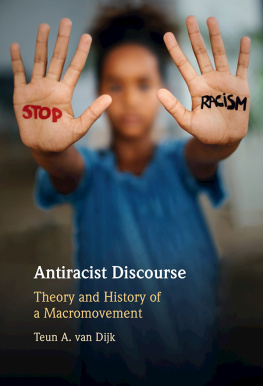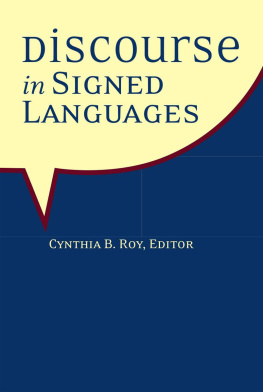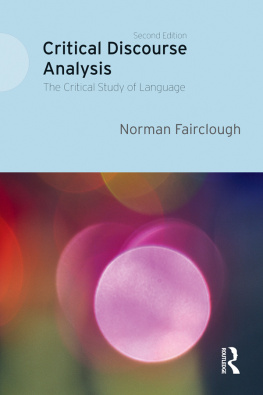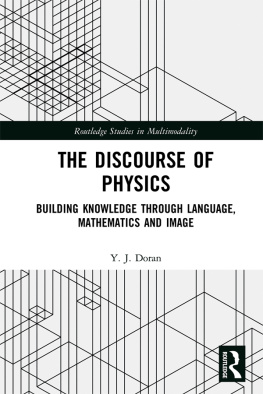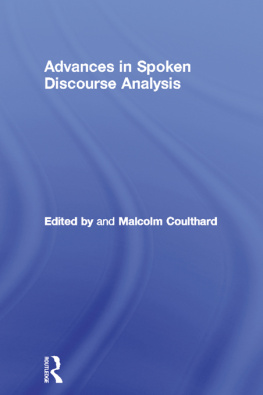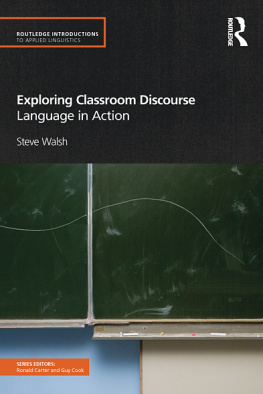Discourse Deixis in Metafiction
This volume advances scholarly understanding of the ways in which discourse deixis underpins the workings of metafictional novels. Building on existing scholarship in the field, the book begins by mapping out key themes and techniques in metafiction, then puts forward a focused and theoretically coherent account of discourse deixislanguage which points to a section or aspect of the discourse context in which that language is usedin written literary discourse, highlighting its inherent significance in metafiction specifically. Andrea Macrae takes readers through an exploration of discourse deixis as used within the techniques of metanarration, metalepsis, and disnarration, drawing on a mix of both well-established and lesser-known metafictional novels from the late 1960s and early 1970s by such authors as John Barth, Brigid Brophy, Robert Coover, John Fowles, Steve Katz, and B. S. Johnson. This comprehensive account integrates and develops a new approach to understanding discourse deixis and innovative insights into metafictionality more broadly. It will be of particular interest to scholars in literary studies, postmodern literature, narratology, and stylistics.
Andrea Macrae is a Principal Lecturer in Stylistics and in Student Experience at Oxford Brookes University, U.K. She is the co-editor of Pronouns in Literature: Positions and Perspectives in Language. She has published on deixis in several journals and edited collections.
Routledge Studies in Rhetoric and Stylistics
Edited by Michael Burke, Christiana Gregoriou, and Joe Bray
Stories, Meaning, and Experience
Narrativity and Enaction
Yanna B. Popova
From Conversation to Oral Tradition
A Simplest Systematics for Oral Traditions
Raymond F. Person, Jr.
Making Sense of Narrative Text
Situation, Repetition, and Picturing in the Reading of Short Stories
Michael Toolan
A Prosody of Free Verse
Explorations in Rhythm
Richard Andrews
Similes, Puns and Counterfactuals in Literary Narrative
Jennifer Riddle Harding
Rethinking Language, Text and Context
Interdisciplinary Research in Stylistics in Honour of Michael Toolan
Edited by Ruth Page, Beatrix Busse and Nina Nrgaard
Metaphor and Persuasion in Strategic Communication
Sustainable Perspectives
Federica Ferrari
Discourse Deixis in Metafiction
The Language of Metanarration, Metalepsis and Disnarration
Andrea Macrae
For more information about this series, please visit: www.routledge.com/Routledge-Studies-in-Rhetoric-and-Stylistics/book-series/RSTYL
Discourse Deixis in Metafiction
The Language of Metanarration, Metalepsis and Disnarration
Andrea Macrae

First published 2019
by Routledge
52 Vanderbilt Avenue, New York, NY 10017
and by Routledge
2 Park Square, Milton Park, Abingdon, Oxon OX14 4RN
Routledge is an imprint of the Taylor & Francis Group, an informa business
2019 Taylor & Francis
The right of Andrea Macrae to be identified as author of this work has been asserted by her in accordance with sections 77 and 78 of the Copyright, Designs and Patents Act 1988.
All rights reserved. No part of this book may be reprinted or reproduced or utilised in any form or by any electronic, mechanical, or other means, now known or hereafter invented, including photocopying and recording, or in any information storage or retrieval system, without permission in writing from the publishers.
Trademark notice: Product or corporate names may be trademarks or registered trademarks, and are used only for identification and explanation without intent to infringe.
Library of Congress Cataloging-in-Publication Data
A catalog record for this book has been requested
ISBN: 978-0-367-14124-0 (hbk)
ISBN: 978-0-429-03035-2 (ebk)
Typeset in Sabon
by Apex CoVantage, LLC
Contents
Thanks go to Peter Moss and Peter Stockwell for the inspiration and for opening up worlds for me and thousands of others. Thanks go to my parents for their patience, to Lucia Simon for Lanzarote and general loveliness, to Steve Berrisford for the laughter, and to Barley for the Booness. More than thanks go to Genevieve Dear for her keen editorial eye and for being my superhero every single day.
The author and publisher would like to thank the following copyright holders for permission to reproduce extracts from the following works.
Lost in the Funhouse by John Barth. Copyright 1969, 1988, John Barth, used by permission of The Wylie Agency (U.K.) Limited.
Excerpts from Lost in the Funhouse by John Barth, copyright 1963, 1968, 1969, 1988, by John Barth. Used by permission of Doubleday, and imprint of the Knopf Doubleday Publishing Group, a division of Penguin Random House LLC. All rights reserved.
Pricksongs and Descants by Robert Coover. Copyright 1969, 2000 by Robert Coover. Reprinted by permission of Georges Borchardt, Inc., for the author.
The French Lieutenants Woman by John Fowles. Copyright 1969, 1996 by John Fowles. Used by permission of Aitken Alexander Associates Ltd on behalf of the estate of John Fowles.
Excerpts by B. S. Johnson, from Christie Malrys Own Double-Entry, copyright 1973 by The Estate of B. S. Johnson. Reprinted by permission of New Directions Publishing Corp.
Excerpts from Christie Malrys Own Double-Entry, by B. S. Johnson, copyright 1973 by The Estate of B. S. Johnson. Reproduced with permission of the Licensor through PLSclear.
Excerpts from The Exagggerations of Peter Prince by Steve Katz, copyright 1968 by Steven Katz and copyright 2017 by Steve Katz. Reproduced with permission of Verbivoracious Press.
This book explores discourse deixis in metafiction, investigating how discourse deixis works within and contributes to metafictional effects. Discourse deixis has remained a problematic category of deixis, with scope for further untangling. Metafiction has been the subject of much scholarly attention, particularly in the 1980s, but its linguistic workings have as yet not been investigated in great depth. Several metafictional techniques rely heavily on discourse deixis to create their metafictional effects. This book explores the intersection of discourse deixis and metafiction to offer new insights into both literary discourse deixis and the linguistics of metafictionality.
This introductory chapter begins with an overview of metafiction, including its development and common themes ( provides an overview of the books forthcoming chapters.
The term metafiction became critical currency in the late 1960s, 1970s, and 1980s as a means of labelling a particular type of fiction. It was coined by William Gass in his essay Philosophy and the Form of Fiction, originally written for a collection edited by Robert Scholes (1970) and then included in Gasss own collection of essays, Fiction and the Figures of Life (1970). As Berry notes, Gass used it only once, to talk about the work of Jorge Luis Borges, John Barth, and Flann OBrien (2012, p. 128). He used the term metafiction to refer specifically to fiction in which the forms of fiction serve as the material upon which further forms can be imposed (Gass, 1970, p. 25). In later uses, as the term was adopted within literary scholarship, it came to mean fiction which overtly uses both its narrative form and its thematic content to explore the nature of fiction, and through it the nature of reality. As a descriptor, metafiction is often applied to works like Muriel Sparks

